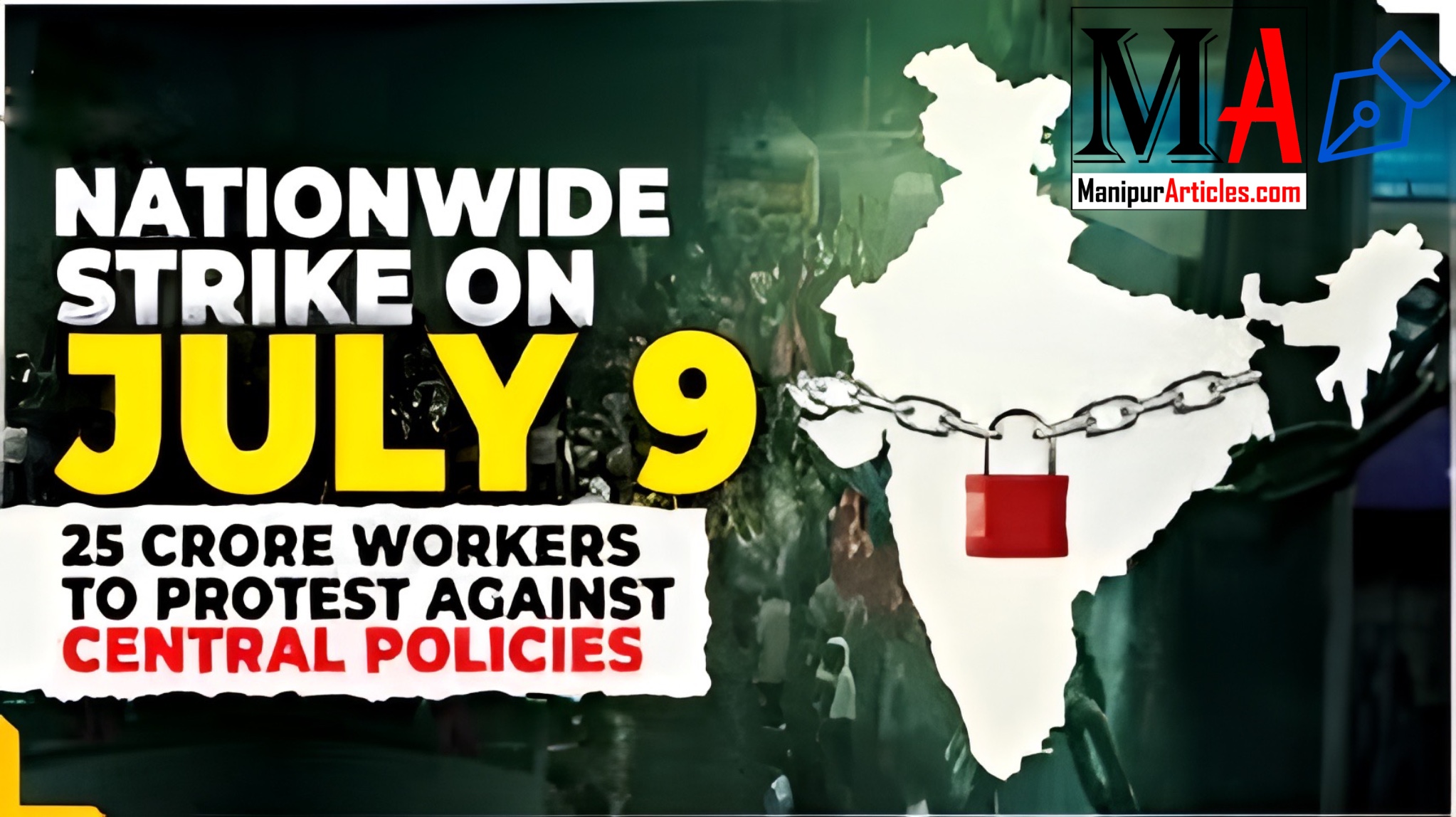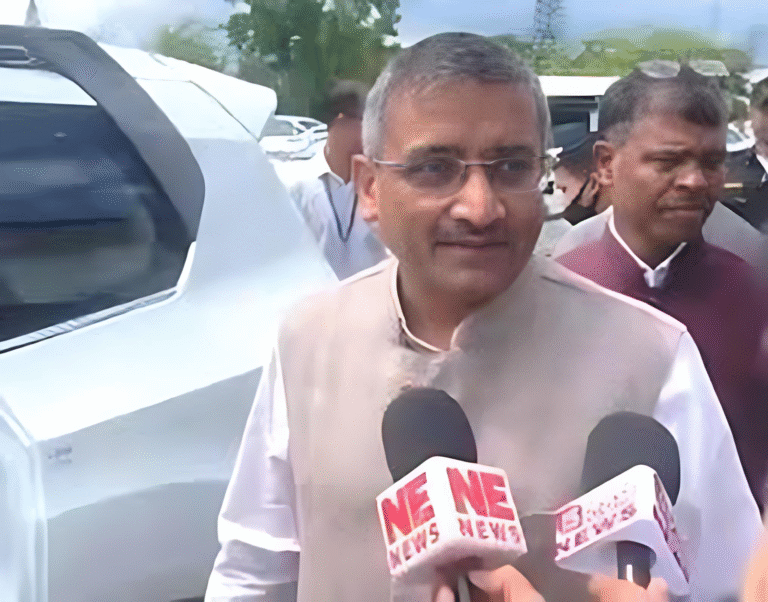Bharat Bandh on July 9, 2025: What’s Happening, Why It Matters & What You Need to Know
Summary of the News Article
A powerful Bharat Bandh (nationwide strike) has been called for July 9, 2025, by a coalition of 10 central trade unions, supported by several farmers’ and rural labor organizations. Over 25 crore (250 million) workers are expected to participate, protesting against the government’s labour and economic policies—especially the four new labour codes, alleged dilution of workers’ rights, rising unemployment, inflation, and increased privatization. Key sectors like banking, postal services, coal mining, and public transport will likely face disruptions. Schools and private offices are expected to operate, though services like railways and electricity may experience delays or interruptions due to protests and security measures.
1. Introduction
Hey there! Planning your day on July 9? You might want to read this first—there’s a massive Bharat Bandh happening that could disrupt daily life big time. We’re talking a nationwide strike with over 250 million workers joining in. Think of it as a giant collective “no-go” from key sectors—banks, postal services, public transport, mining—you name it. But before you hit the panic button, let’s go deeper into what this means, why it’s happening, and how to stay one step ahead.
2. What Is Bharat Bandh?
“Bandh” in Hindi translates to a shutdown or complete strike. When it’s prefaced by “Bharat,” it turns into a nationwide affair, where various groups—like trade unions, farmer organizations, or even political parties—halt work to protest against policies or injustice. It’s not just IP traffic slowing on a Monday—it can affect your life in a big way.
3. Who’s Calling It?
This Bharat Bandh isn’t just a spontaneous protest—it’s backed by a powerful coalition:
- 10 central trade unions, including AITUC, INTUC, CITU, HMS, SEWA, AIUTUC, LPF, UTUC, TUCC, and AICCTU
- Farmers and rural workers’ bodies like the Samyukta Kisan Morcha
- Thousands of public-sector employees—from banks to railways, mining to coal.
This is a widespread, organized national movement.
4. Why Now? What Are the Demands?
Labour Codes Under Fire
The government’s four new labour codes are at the heart of the unrest. Unions argue these weaken:
- Right to strike and collective bargaining
- Job security and wages
- Work conditions, especially for informal and contract workers
Economic Pressures
Unions cite:
- No annual labour conference in 10 years
- Rising unemployment and inflation
- Decreasing social spending (on health, education, civic amenities)
- Unfavorable policy bias toward corporations
Unfilled Government Jobs
The demand list includes:
- Filling government vacancies
- More jobs for youth
- Higher wages for MGNREGA workers and similar guarantees for urban areas
5. What Services Will Be Affected?
Here’s a breakdown of what might be disrupted:
| Sector | Expected Impact |
|---|---|
| Banking & Insurance | Branches closed or limited, no cheque clearances |
| Postal Services | Likely disrupted |
| Coal Mining & Factories | Work halted in many units |
| State Transport | Bus and cab services spotty; auto-rickshaws may strike |
| Railways | No formal strike, but delays and increased security (like at Patna Junction) could happen |
| Electricity | Power disruptions possible due to power sector staff join-in |
| Public Sector Units (PSUs) | Many employees are participating—expect delays in services from NMDC, railways, other PSUs |
| Schools & Private Offices | Mostly likely to remain open, though local conditions vary |
6. What Should You Be Prepared For?
- Travel delays: Train timings could shift; expect fewer buses, tops, autos.
- Banking hiccups: ATMs may work, but branches could be closed or off-limits.
- Postal delays: Important mail or courier might get blocked.
- Power outages: If electricity staff walk out, some areas could go dark.
- Unexpected closures: Check if local schools or offices have closed on account.
- Road disturbances: Protests, barricades, and traffic snarls where strikes are intense.
FAQs
Q1: Will my train run on July 9?
A1: There’s no official railway strike, but delays or altered timings could happen due to protests and increased security at stations
Q2: Are schools and colleges closed?
A2: No nationwide closures announced—most educational institutions should remain open. Local closures may happen depending on regional participation .
Q3: Can I access banking services?
A3: ATMs are likely to function, but bank branches may be closed or run on skeleton staff. Avoid planning huge transactions on July 9
Q4: Will electricity be affected?
A4: Possibly—up to 27 lakh power sector employees may join the strike, potentially leading to localized outages
Q5: Why aren’t schools or private offices joining?
A5: The Bharat Bandh primarily involves trade unions and PSUs. Private businesses and schools are generally not mandated to participate and have no official closure






